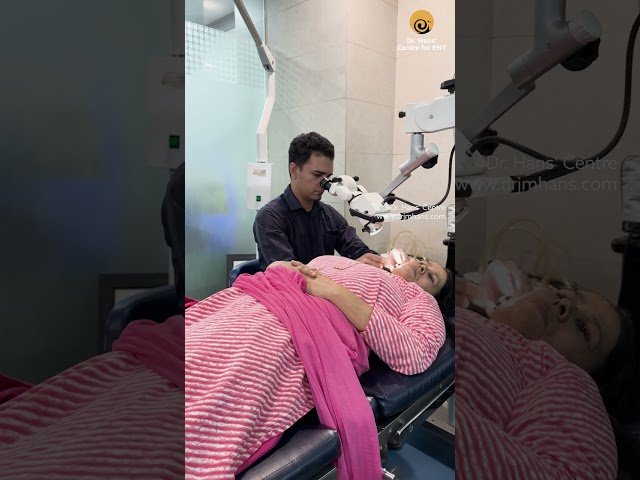Speech Disorders
Here are some common speech disorders that might be of interest to a general audience:
- Articulation Disorders: These involve difficulty pronouncing sounds correctly, which can result in unclear speech. Children might substitute, omit, or distort sounds (e.g., saying “wabbit” instead of “rabbit”).
- Fluency Disorders: Stuttering is the most well-known fluency disorder, characterized by interruptions in the flow of speech. This can include repetitions of sounds, syllables, or words, as well as prolonged sounds.
- Voice Disorders: These occur when there are problems with the pitch, volume, or quality of the voice. Individuals may have a hoarse voice, breathy voice, or a voice that is too high or too low.
- Language Disorders: While not strictly a speech disorder, these involve difficulty with understanding or using language. This can include challenges in vocabulary, sentence structure, or comprehension.
- Apraxia of Speech: This motor speech disorder affects the brain’s ability to plan and coordinate the movements necessary for speech. Individuals may have difficulty saying sounds, syllables, and words in the correct order.
- Dysarthria: This is a motor speech disorder caused by weakness or difficulty controlling the muscles used for speech. It can result in slurred or slow speech that can be difficult to understand.
- Selective Mutism: This is an anxiety-based disorder typically seen in children, where they are unable to speak in certain social situations despite speaking comfortably in others, such as at home.
- Cleft Palate Speech Disorders: Individuals with a cleft palate may have speech difficulties due to the structural differences in their mouths, leading to issues with certain sounds.
These disorders can vary widely in severity and may require intervention from speech-language pathologists for diagnosis and treatment.
Specialist Advice
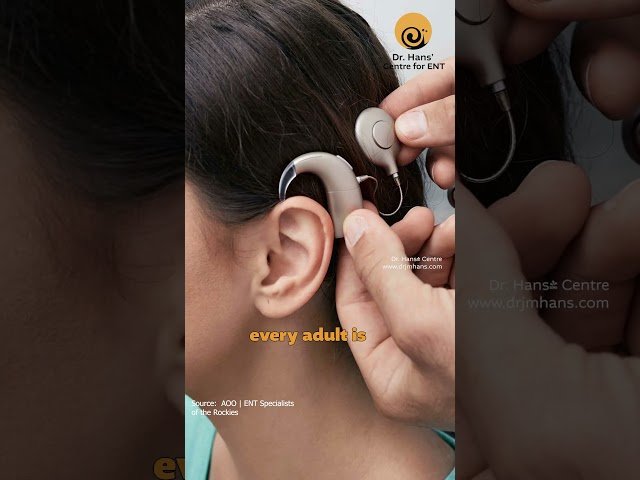
Adult Cochlear Implant: Part 1
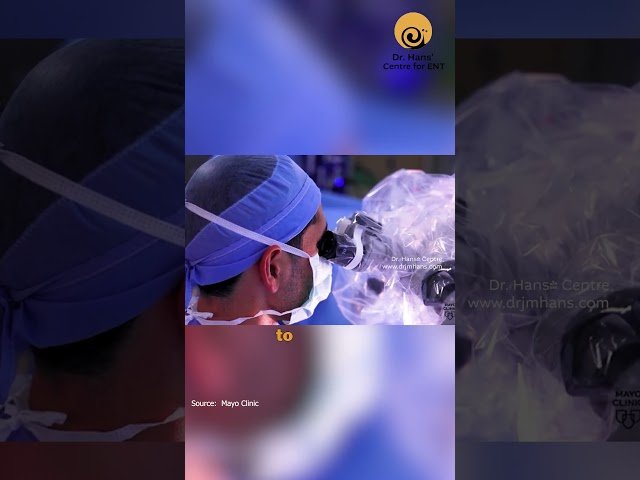
Adult Cochlear Implant part 02
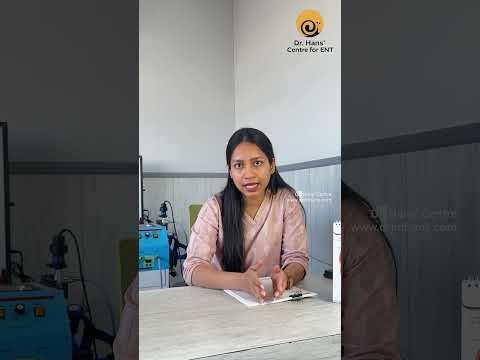
Understanding Congenital Hearing Loss: Deafness from Birth
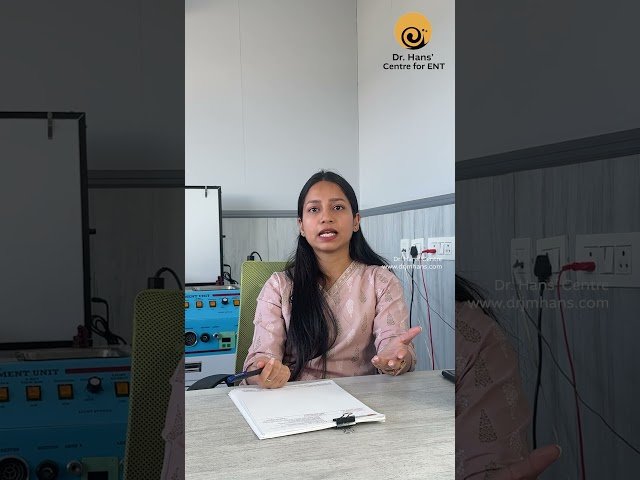
Seasonal changes and ENT Problems
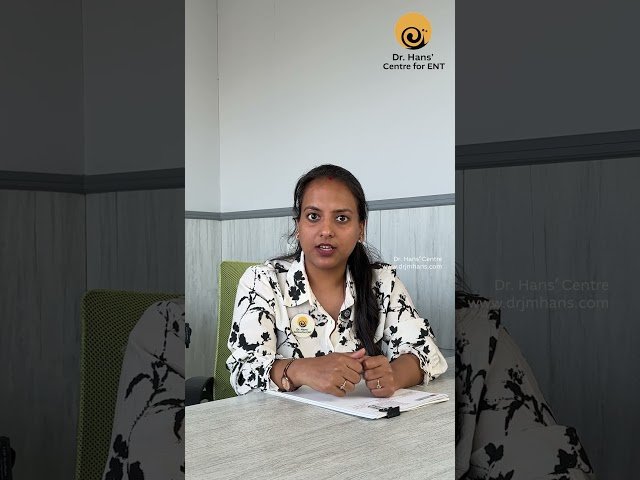
What is Sleep Apnea and its Symptoms? Part 01
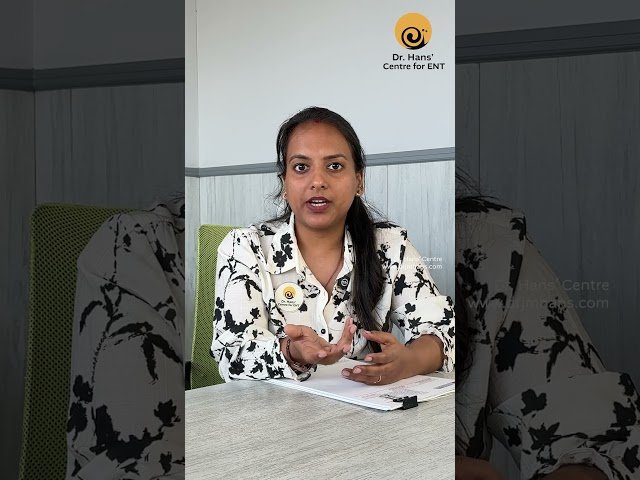
Who is most affected by Sleep Apnea? Part 02

Skin prick allergy test process
